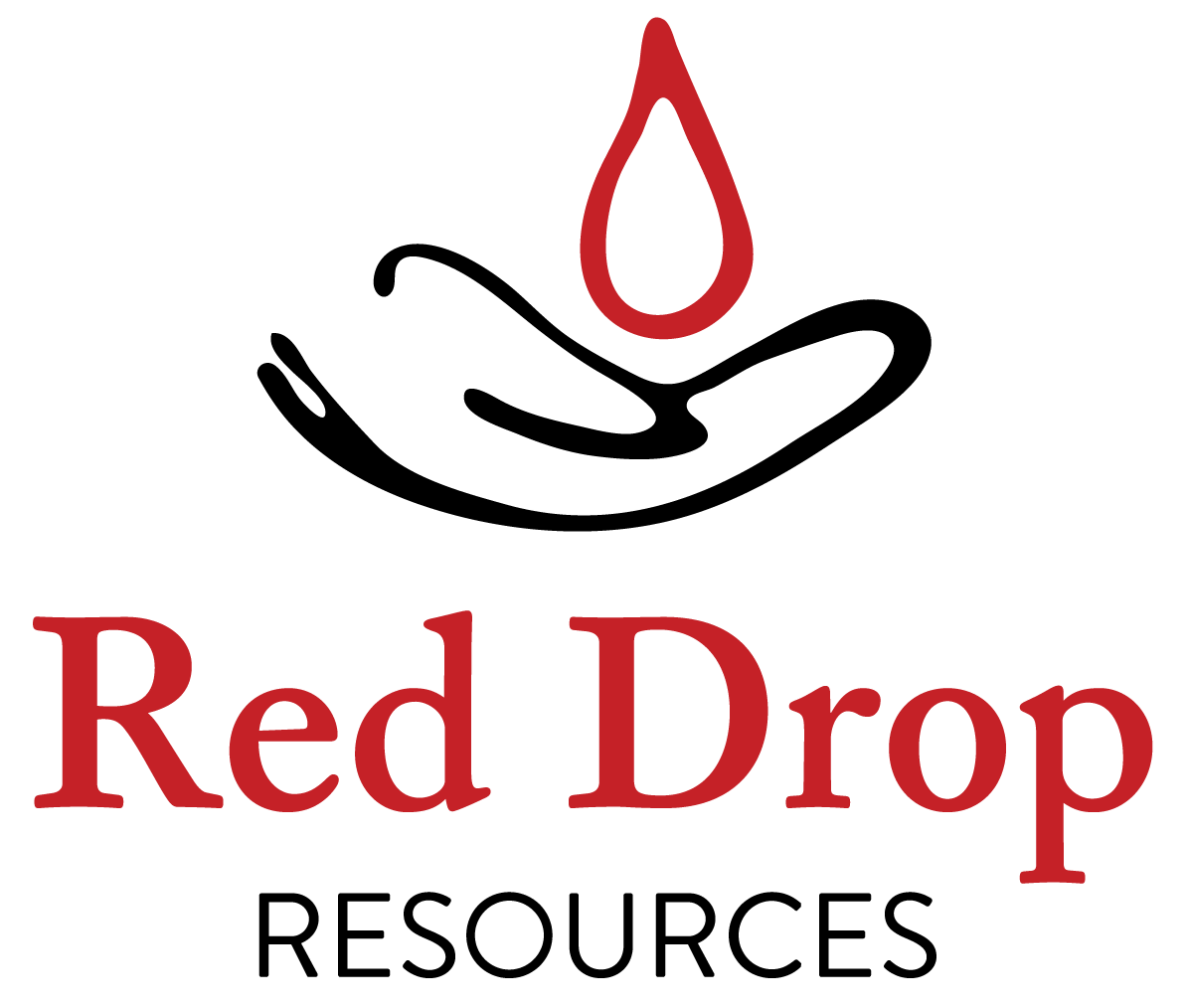COVID-19 and Hematology Patients Part 2
Part two of our three-part series from board president Jennie Goble, who works within the hematology department at Mayo Clinic, on how COVID-19 is affecting hematology patients:
COVID-19 has forced us all into social isolation with minimal contact with relatives and friends. We have been missing eating at restaurants, going to movies, wandering around the shopping mall, and having gatherings with friends. The loneliness that we are feeling is a small taste of the seclusion that hematology patients experience throughout their treatment. Due to decreased immune function, hematology patients avoid infectious exposure during treatment by limiting all social activities and public places. COVID-19 has only increased the need for precautions and increased the feelings of isolation.
The treatment of some blood cancers requires a prolonged hospitalization, sometimes 1 month or more. During the COVID-19 pandemic, changes were made to hospital visitation policies that included excluding any visitors to inpatients. Thus, hematology inpatients were left with no physical contact apart from hospital staff. During an especially difficult time of life, phone calls became the primary source of moral support. When patients are discharged from the hospital, they are advised to self-isolate with a single caregiver in order to avoid any additional exposures.
Although we are experiencing a taste of the loneliness that hematology patients may feel, most of us will likely never be able to fully appreciate the extent of isolation. So how can we help ease this burden for hematology patients? We can relieve financial stress related to staying homebound by donating to Red Drop Resources (RDR). This money is used to assist with lodging, groceries, gas, gift cards, and general financial grants. There are also volunteering opportunities with RDR to help with reaching out to hematology patients and helping to meeting their needs while receiving care in Rochester. If you know any patients receiving care for blood cancer, please consider contacting them and asking how you can support their journey.
